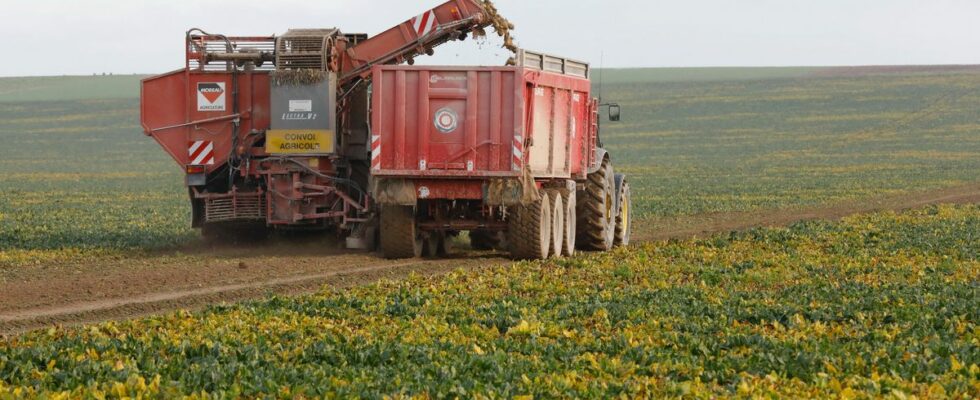Intransigence. In a few EU countries, farmers were using neonicotinoid-treated seeds in exceptional circumstances, despite European bans, in particular to protect beets, thanks to local derogations. However, on Thursday, the Court of Justice of the European Union (CJEU) ruled on the illegality of these circumventions of the regulations.
On Thursday, European justice ruled that EU members cannot “derogate from the regulations expressly aimed at prohibiting the marketing and use of seeds treated with such products”, despite a provision of the European legislation which allows States to exceptionally authorize pesticides and insecticides containing banned substances.
Substances banned since 2018
Since 2018, the EU has banned the use in open fields, for all crops, of three neonicotinoids (clothianidin, thiamethoxam and imidacloprid), accused of accelerating the massive decline of bee colonies.
However, 11 Member States have since adopted “emergency authorisations” to cope with the drop in their yields, including Belgium and France. Asked about the case of six derogations adopted in the fall of 2018 by Belgium, and concerning seeds in particular, the CJEU ruled that they were illegal.
States certainly have the right “in exceptional circumstances, namely when a hazard or threat compromising plant production or ecosystems cannot be controlled by other reasonable means”, to temporarily authorize “plant protection products that do not satisfy not under the conditions provided” by the European text, she notes.
However, concerning “seeds treated with plant protection products containing expressly prohibited substances”, the European legislator “did not intend to allow Member States to derogate from such an express prohibition”, judges the Court based in Luxembourg , whose judgments are binding on the national courts of the Twenty-Seven.
The NGOs that referred the matter to the CJEU thus argued that these neonicotinoids “are increasingly used through the technique of seed coating” and “instead of being sprayed on the crop, they are therefore preventively applied to the seeds before seeding, regardless of whether or not the insects that these products are intended to eliminate are present.

